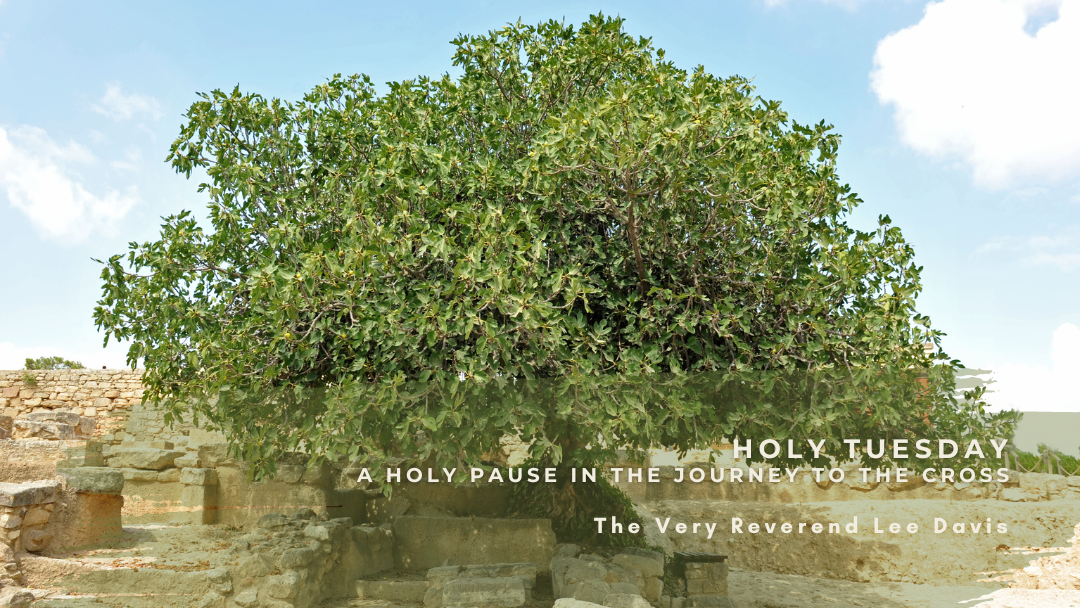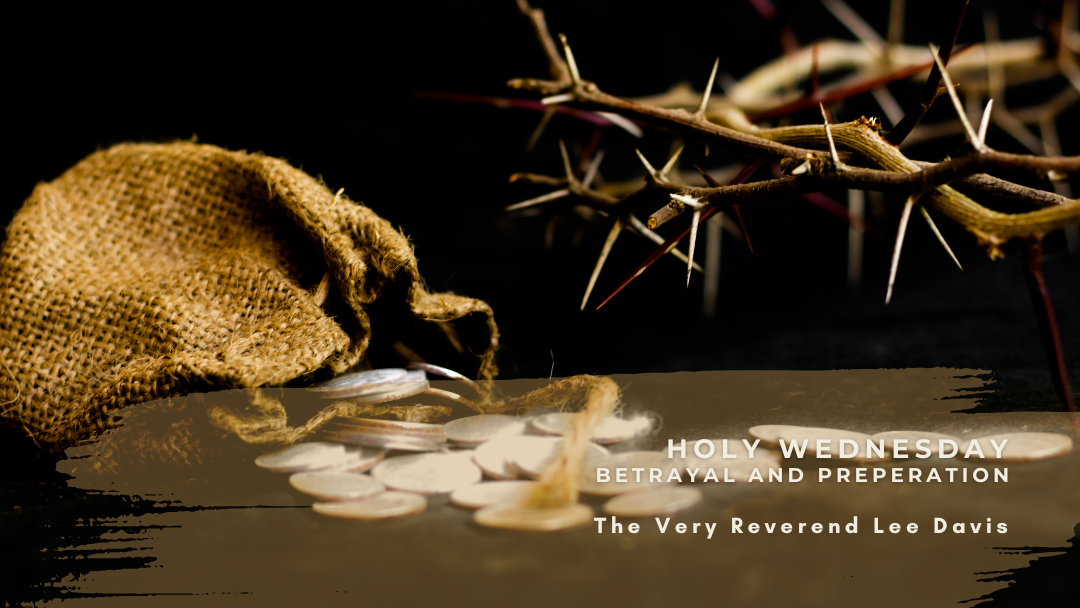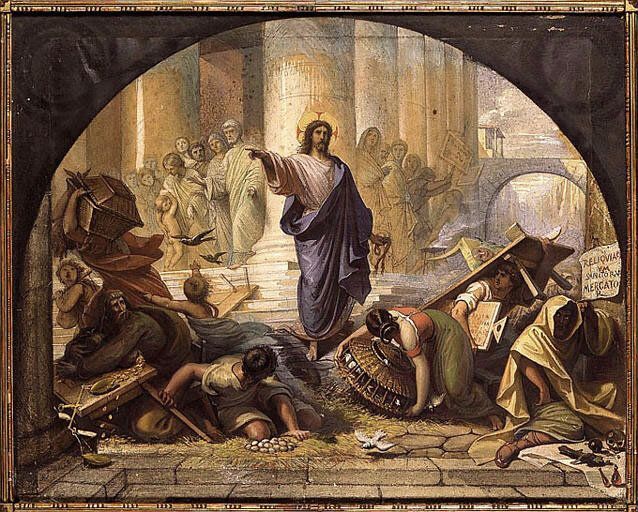Into the Wilderness
Facing Temptation with Christ
As we journey through the season of Lent, we are invited into a time of reflection, repentance, and renewal. Our Gospel reading for this Sunday from Luke 4:1-13 draws us into the wilderness with Jesus, where He faces temptation directly. This passage is not just a historical account; it is a mirror held up to our own lives, revealing the struggles we face and the path to overcoming them.
Luke tells us that Jesus, “full of the Holy Spirit,” was led into the wilderness, where He fasted for forty days and was tempted by the devil. The wilderness is not just a geographical location; it represents those seasons in our lives when we feel isolated, vulnerable, and tested. Whether it’s the wilderness of grief, uncertainty about the future, or the struggle to resist what we know is harmful, we all find ourselves there at times.
The temptations Jesus faces are strikingly relevant today: the lure of material comfort (“command this stone to become a loaf of bread”), the seduction of power and control (“to you I will give all this authority”), and the desire to test God’s love and protection (“throw yourself down from here”). These are not just personal temptations but societal ones—our culture often measures success by wealth, influence, and a kind of faith that demands proof on our terms.
What stands out in this passage is how Jesus responds. He counters each temptation not with displays of power but with the Word of God, affirming His trust in the Father’s provision, timing, and plan. In doing so, Jesus reveals that true strength is found not in asserting control but in surrendering to God’s will.
His responses also remind us that Scripture is not a weapon to wield against others but a source of truth to anchor ourselves in times of trial. As Episcopalians, we hold to the practice of reading and praying through Scripture, allowing it to shape us. This passage challenges us to deepen our engagement with God’s Word—not just for knowledge but for transformation.
It’s significant that Jesus’ time in the wilderness comes right after His baptism, where He is declared God’s beloved Son, and just before His public ministry begins. The wilderness, then, is a place of preparation and clarity. For us, too, times of temptation and struggle can become opportunities to clarify our identity and calling.
Henri Nouwen once wrote, “We are not what we do, what we have, or what others think of us. We are the beloved children of God.” This truth, proclaimed at Jesus’ baptism and reaffirmed in the wilderness, is what enables us to resist the voices that tell us we are not enough, that we need to prove our worth.
This passage invites us to reflect on our own wilderness experiences. What voices are we listening to? Where are we tempted to seek security outside of God? And how might we, like Jesus, hold fast to the truth of who we are—beloved, called, and sent into the world?
In a society that often equates power with domination and worth with wealth, following Jesus means embracing a different kind of strength: one rooted in humility, trust, and sacrificial love. As we continue through Lent, may we find the courage to follow Him—not around the wilderness, but through it—trusting that God’s Spirit is with us every step of the way.
Questions for Reflection:
- What “wilderness” are you experiencing in your life right now?
- How might you use Scripture to counter the voices of fear, inadequacy, or pride?
- In what ways can you embody Christ’s trust in God’s provision and timing?
May this Lenten season deepen our trust in God’s love and lead us to new places of faithfulness and hope.













